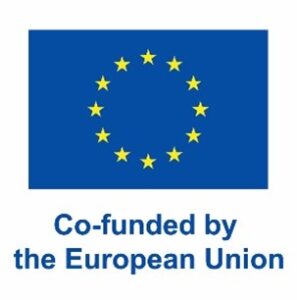The project seeks to create a dedicated Observatory for Poverty and Homelessness in Greece, focusing on data collection by CSOs. The primary objectives include:
- Verifying the implementation of recommendations from the Poverty Watch in Greece.
- Validating conclusions derived from the European Meeting of People experiencing Poverty.
- Assessing progress towards the targets outlined by the European Platform on Combating Homelessness.
The Observatory aims to actively influence decision-making by applying institutional pressure, presenting the viewpoint of CSOs to stakeholders at local and national levels. The ultimate goal is to contribute significantly to reducing the number of people experiencing poverty and homelessness.
Target Groups:
The direct beneficiaries of the project are the public/municipal policy-making bodies and the field of CSOs. The project aims to expand their influence and consolidate their institutional role in the making and implementation of social policies.
The indirect beneficiaries encompass the percentage of the population experiencing poverty and social exclusion, specifically, the 26.3% of the population, which amounts to 2,722,000 individuals.
Activities:
- Implementation of the Greek Observatory on Poverty and Homelessness from March 2024 to February 2025, with the aim of documenting local social policy practices and promoting EU values of equality and inclusion.
- Completion of a nationwide research study covering 145 municipalities and 7 regions, resulting in the publication of a detailed policy report.
- Delivery of four educational webinars with over 160 participants from local authorities, focusing on social indicators and funding tools to address poverty and homelessness.
- Organization of bilateral advocacy meetings with 16 municipalities, as well as two General Secretariats of the Ministry of Social Cohesion and Family, fostering institutional dialogue and collaborative planning.
- Active participation in six workshops by the Municipality of Athens, three public events, two national conferences, and one radio broadcast.
- Communication campaign with over 128 media and social media publications, a dedicated project webpage, three press releases, and four newsletters sent to stakeholders.
- Development of advocacy tools and dissemination of social indicator data to 487 public bodies, exceeding initial targets and strengthening institutional pressure for policy change.

Funded by the European Union. Views and opinions expressed are however those of the author(s) only and do not necessarily reflect those of the European Union or the European Education and Culture Executive Agency. Neither the European Union nor the granting authority can be held responsible for them.
